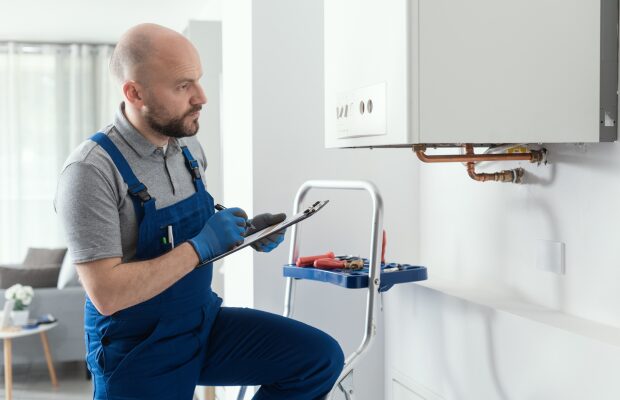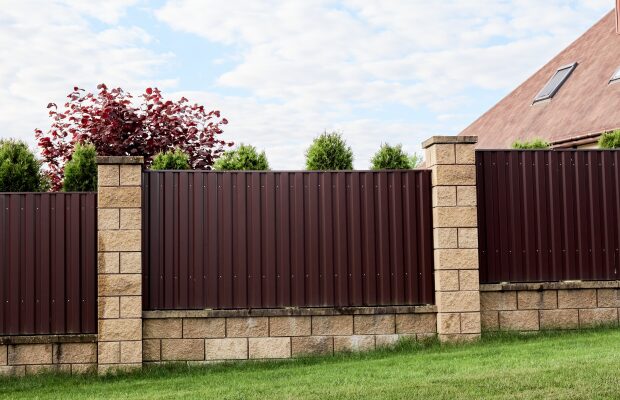With the cost-of-living crisis emerging into the forefront of potential buyers’ concerns, those entering the market in this current economic climate will need to do so with full clarity on their overall moving budget.
This isn’t to say that buyer demand is dropping off, as growth in house price reflects the current shortage of supply. In the South West, for instance, the average house price is £321,725, which represents an annual increase of 12.5%. The South West is followed closely by the South East, where the average house price is £353,276, an annual increase of 10.4%, according to the most recent Nationwide House Price Index*.
With this in mind, carpet and flooring retailer, Tapi*, has conducted research to reveal the top renovations Brits undertake when they move into a new home, and how much they are spending on them on average.
Most common renovations made to a new home
Moving into a new home takes a lot of hard work, especially if you need to make some changes upon moving in. Whether it’s tweaks here and there or essential improvements such as resolving damp, touching up unsightly paint jobs, or even installing a new kitchen or bathroom, it’s important to factor in all these extra costs after buying a home.
But what are the most common alterations made by Brits once they move home? According to Tapi*, the top five most common renovations, are:
- Painting
- Ripping up carpets or flooring
- Redoing the kitchen
- Redoing bathroom
- Renovating outdoor space
According to the survey*, an astounding 61% of Brits have spent money on necessary changes such as resolving damp, installing double glazing, insulation, and investing in better heating or electrical systems.
How much are Brits spending on renovating their new home?
Interestingly, over 30% of people have spent over £10,000 on changes to their new place, and 6% have spent over £25,000*. What’s more, 2% have admitted to having someone else pay for all their renovation work!
How to spend wisely
If you’ve just moved into your new home or if you’re planning on a move in the near future, spending your renovation costs wisely is a great way to alleviate some of the financial strain of buying a house.
Here are some tips on how to reduce the spend when it comes to renovating your new home:
1: Get multiple estimates from different contractors before settling on one. This will help you ensure that you’re getting the best deal possible.
2: Have a realistic budget in mind from the get-go – this will help you avoid overspending.
3: Be prepared to do some of the work yourself. This can save you a fair bit of money, but it’s important to only take on tasks that you’re confident you can handle.
4: Keep your old appliances and fixtures if they’re still in good condition. This can save you time and money since you won’t need to buy new ones, and you can always replace them at a later date.
5: Be patient throughout the renovating process. Rushing things can often lead to mistakes, and these can end up costing you more in the long run.
Nationwide House Price Index *
Looking to buy or sell a home? Now could be the best time to make your move.







